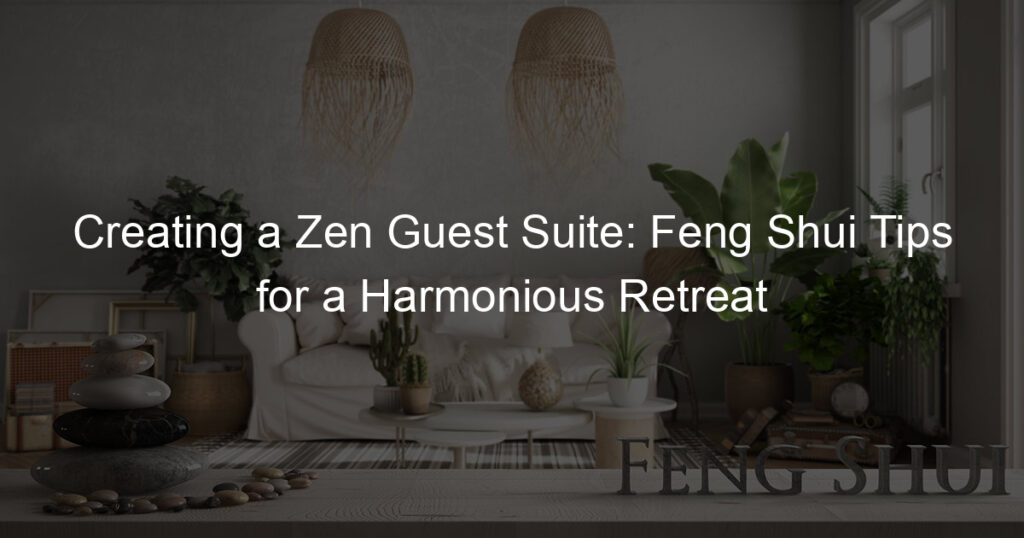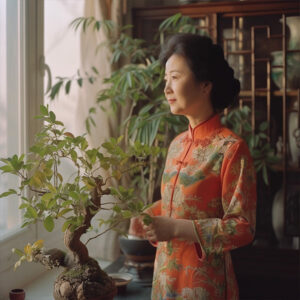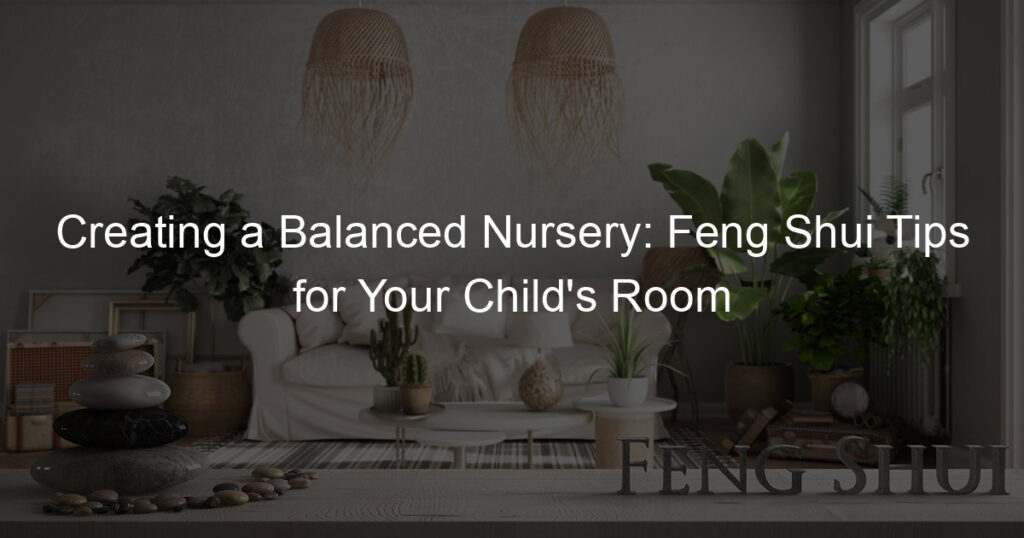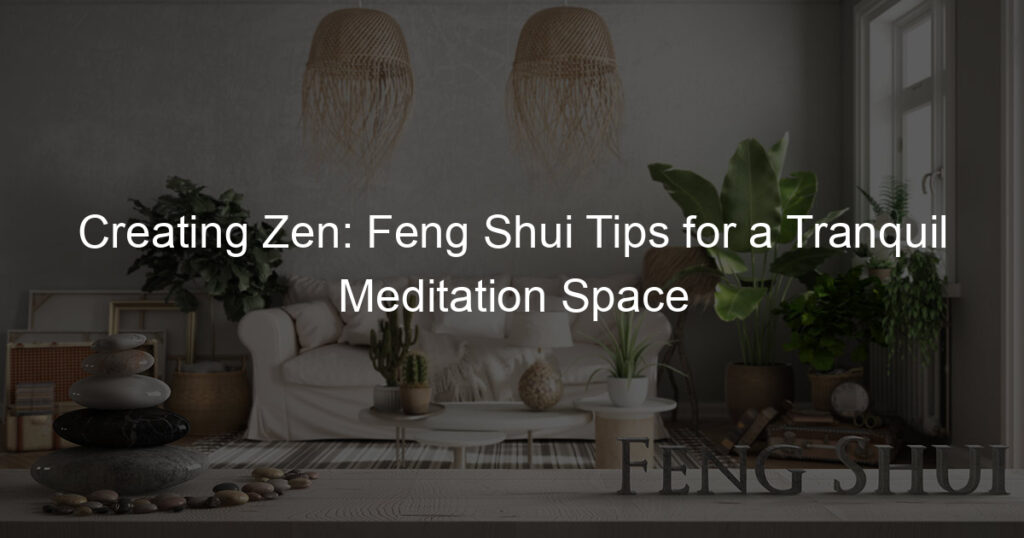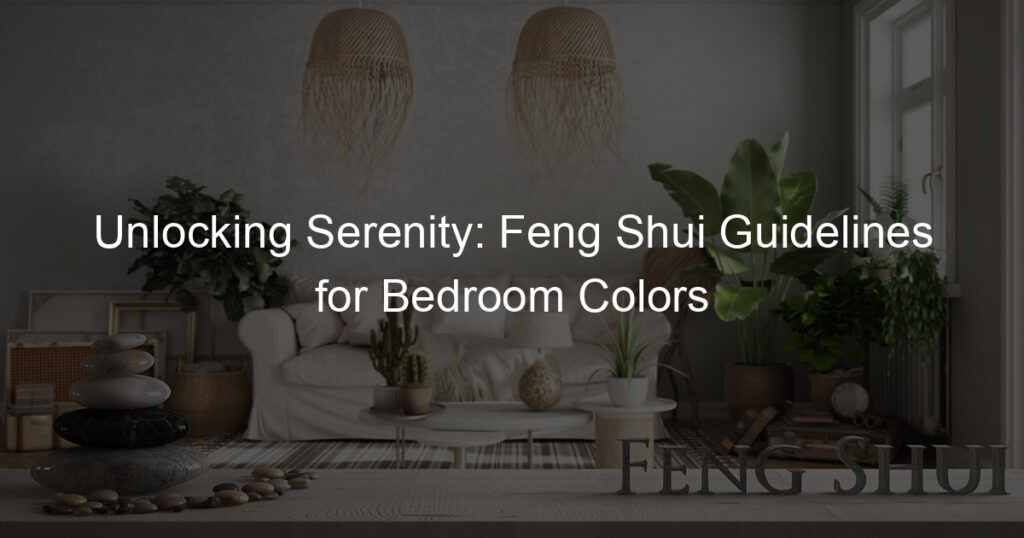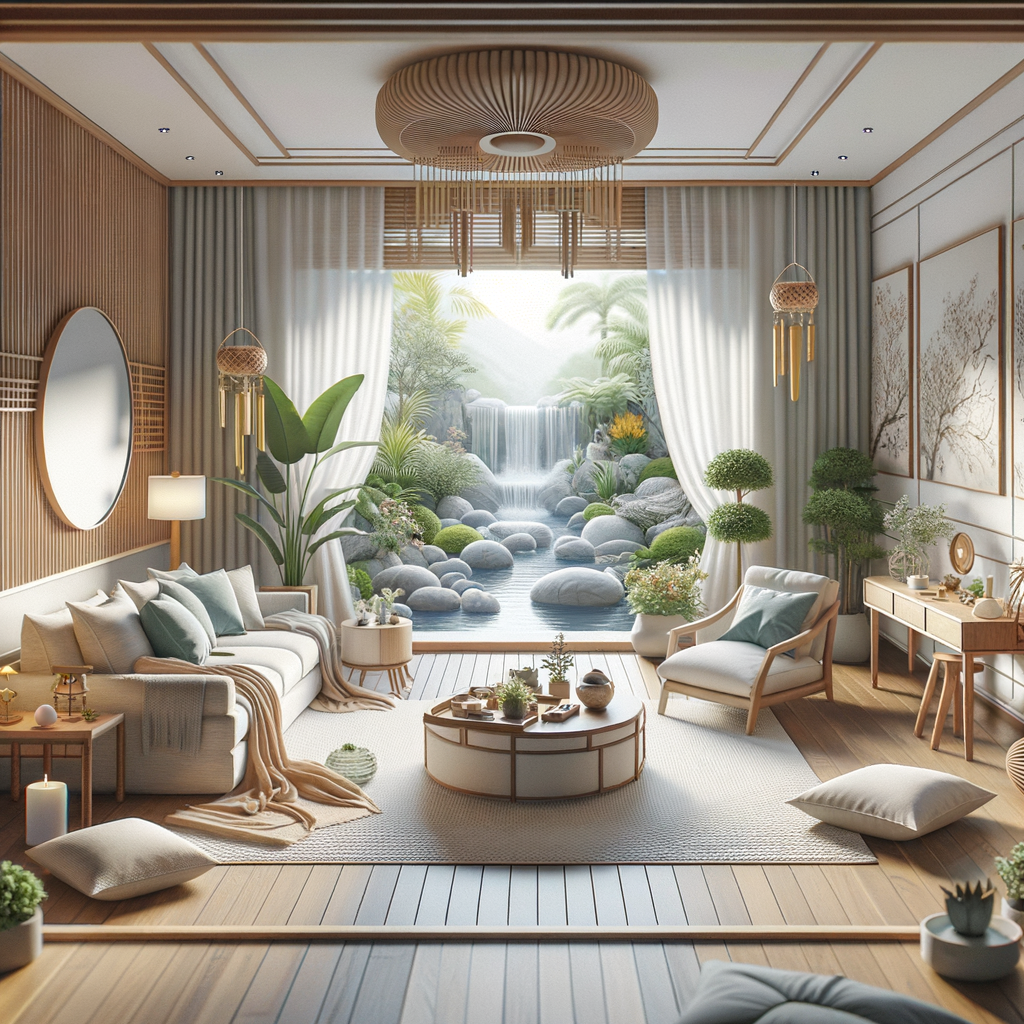
Introduction to Feng Shui Home Design
Welcome to the fascinating world of Feng Shui home design. In this introductory section, we will delve into the definition and history of Feng Shui, its importance in interior design, and the key principles that guide Feng Shui design.
- Definition and history of Feng Shui
- Importance of Feng Shui in interior design
- Key Feng Shui design principles
Feng Shui, pronounced as ‘Fung Shway’, is an ancient Chinese practice that dates back over 3,000 years. The term translates to ‘Wind’ (Feng) and ‘Water’ (Shui). It is the art of arranging living spaces to create balance with the natural world. The goal is to harness energy forces and establish harmony between an individual and their environment.
Feng Shui plays a pivotal role in interior design. It goes beyond aesthetics, focusing on improving the energy flow within a space. A well-designed home using Feng Shui principles can enhance your comfort, improve relaxation, and promote a sense of well-being. It’s not just about creating a beautiful space; it’s about creating a space that makes you feel good.
There are several key principles in Feng Shui design. These include the commanding position (the location of important pieces of furniture), the Bagua (the energy map of a space), and the five elements (wood, fire, earth, metal, and water). Each of these principles plays a vital role in creating a harmonious home environment.
In the following sections, we will explore how to apply these principles to create a harmonious home retreat and a Feng Shui guest suite. We will also provide additional Feng Shui tips for your home and conclude with the impact of a harmonious guest suite design.
Creating a Harmonious Home Retreat with Feng Shui
Creating a peaceful and harmonious home retreat is a goal many of us strive for. With the ancient art of Feng Shui, achieving this balance becomes a more attainable reality. Let’s explore the benefits of a harmonious home retreat, the role of Feng Shui in creating it, and a case study that shows the successful application of Feng Shui for harmony in a home retreat.
- Benefits of a Harmonious Home Retreat
- Role of Feng Shui in Creating a Harmonious Home Retreat
- Case Study: Successful Application of Feng Shui for Harmony in a Home Retreat
A harmonious home retreat offers numerous benefits. It provides a sanctuary, a place where you can relax, recharge, and feel at peace. It’s a space that promotes mental clarity, reduces stress, and enhances overall well-being. A harmonious home can also improve sleep quality and boost productivity.
Feng Shui, an ancient Chinese practice, plays a significant role in creating a harmonious home retreat. It’s about arranging your living space to achieve balance and harmony. Feng Shui principles guide you to arrange furniture, choose colors, and place objects in a way that promotes positive energy flow. The right Feng Shui can transform your home into a peaceful retreat that nurtures your well-being.
Let’s look at a real-life example of how Feng Shui can create harmony in a home retreat. A family in San Francisco was struggling with constant stress and lack of peace in their home. They decided to apply Feng Shui principles, rearranging their furniture, changing the color scheme, and adding specific elements like plants and mirrors to enhance positive energy. Within a few weeks, they noticed a significant improvement in their home’s atmosphere. The family reported feeling more relaxed, experiencing better sleep, and enjoying a more harmonious home environment.
In conclusion, creating a harmonious home retreat with Feng Shui is not only possible but also beneficial. It’s a journey that can lead to a more peaceful and balanced life.
Designing a Feng Shui Guest Suite
Creating a guest suite that is both welcoming and harmonious can be a challenging task. However, with the principles of Feng Shui, you can design a space that not only feels comfortable but also promotes positive energy and balance. Let’s delve into the key aspects of designing a Feng Shui guest suite, starting with choosing the right location.
Choosing the Right Location for Your Guest Suite
The location of your guest suite plays a critical role in Feng Shui. The right location can help to create a harmonious environment that promotes relaxation and well-being.
- Importance of location in Feng Shui
- Best locations for a guest suite according to Feng Shui
In Feng Shui, the location of a room can significantly influence the energy flow within it. A well-placed guest suite can enhance the positive energy or ‘Chi’ in your home, promoting a sense of peace and relaxation for your guests. It’s not just about where the room is, but also its proximity to other areas of the house, the direction it faces, and the natural light it receives.
According to Feng Shui principles, the best location for a guest suite is in the front part of the house. This allows your guests to feel welcomed and connected to the household activities. It’s also beneficial if the guest suite is located in the east or southeast part of the house, as these directions are associated with family, health, and wealth. However, avoid placing the guest suite above a garage or near a bathroom, as these locations can disrupt the energy flow.
Remember, the goal of Feng Shui is to create a harmonious environment that promotes well-being. By choosing the right location for your guest suite, you can provide a comfortable and relaxing space for your guests.
Selecting Appropriate Furniture and Decor
When it comes to designing a guest suite with Feng Shui principles, the selection of furniture and decor plays a critical role. The right choices can promote a sense of harmony and balance, making your guests feel comfortable and welcome.
- Feng Shui tips for selecting guest suite furniture
- Choosing decor that promotes harmony and balance
- Colors: Opt for soothing colors like blues, greens, and earth tones. These colors promote relaxation and tranquility.
- Artwork: Choose artwork that evokes positive feelings. Avoid images that are violent, lonely, or sad.
- Lighting: Use soft, warm lighting to create a cozy atmosphere. Avoid harsh, bright lights.
- Plants: Incorporate live plants to improve air quality and bring a touch of nature indoors. Avoid spiky plants as they can create negative energy.
Choosing the right furniture for your guest suite involves more than just aesthetics. In Feng Shui, each piece of furniture should serve a purpose and contribute to the overall energy of the room.
| Furniture Item | Feng Shui Principle |
|---|---|
| Bed | Choose a bed with a solid headboard for support and place it against a solid wall, but not in line with the door. |
| Nightstands | Pair the bed with two nightstands to promote balance. They don’t have to match perfectly, but they should be similar in size and height. |
| Seating | Include a comfortable chair or bench, but avoid placing it directly opposite the bed. This can create a confrontational energy. |
Decor elements in a Feng Shui guest suite should be chosen with care. They should not only be visually pleasing, but also promote a sense of harmony and balance.
In conclusion, selecting the right furniture and decor is crucial in creating a harmonious guest suite. By following these Feng Shui principles, you can create a welcoming and balanced space for your guests.
Arranging the Guest Suite
Now that we’ve chosen the perfect location and selected the most harmonious furniture and decor, it’s time to arrange your guest suite. The arrangement of a room can significantly impact the energy flow, according to Feng Shui principles. Let’s dive into these principles and see some practical examples of how to apply them to your guest suite.
- Key principles of Feng Shui for arranging a room
- Clear the Clutter: A clutter-free space allows energy to flow freely. Ensure your guest suite is clean and organized.
- Balance the Five Elements: Feng Shui emphasizes the balance of the five elements – Wood, Fire, Earth, Metal, and Water. Incorporate these elements into your room decor for a balanced energy.
- Command Position: The main furniture piece, usually the bed in a guest suite, should be in a command position. This means it should face the door but not be directly in line with it.
- Practical examples of Feng Shui arrangements for a guest suite
Feng Shui is all about balance and harmony. Here are some key principles to keep in mind:
Let’s put these principles into practice with some examples:
| Principle | Practical Application |
|---|---|
| Clear the Clutter | Provide ample storage space for your guests to keep their belongings. Use under-bed storage or a chest of drawers. |
| Balance the Five Elements | Use wooden furniture (Wood), candles or warm lighting (Fire), ceramic decor (Earth), metal frames or fixtures (Metal), and a small water feature or artwork with water elements (Water). |
| Command Position | Place the bed so that it’s facing the door but not directly in line with it. This gives your guests a sense of security and control. |
By following these Feng Shui principles and examples, you can create a guest suite that not only looks beautiful but also promotes a sense of peace and harmony. Remember, the goal is to make your guests feel welcomed and relaxed in your home.
Additional Feng Shui Tips for Home
Now that you have a basic understanding of Feng Shui and how it can be applied to create a harmonious home retreat and guest suite, let’s explore some additional tips. These tips can help you extend the benefits of Feng Shui to other areas of your home, avoid common mistakes, and further your knowledge on the subject.
-
Using Feng Shui in Other Areas of the Home
While we’ve focused on the guest suite, Feng Shui principles can be applied throughout your home. For instance, in the kitchen, keep your stove and sink apart as fire and water elements clash. In the living room, arrange furniture in a circular formation to promote a smooth flow of energy. In the bedroom, position your bed diagonally across from the door, but not directly in line with it. This is known as the “commanding position” and promotes restful sleep and a sense of security.
-
Common Feng Shui Mistakes to Avoid
As with any design philosophy, there are common mistakes to avoid when implementing Feng Shui. One mistake is clutter. Clutter blocks the flow of positive energy. Another mistake is having sharp corners pointed towards living areas, as this is believed to create negative energy. Lastly, avoid placing mirrors opposite the bed in a bedroom as this is thought to disturb restful sleep.
-
Resources for Further Learning about Feng Shui in Interior Design
If you’re interested in learning more about Feng Shui, there are many resources available. Books such as “The Feng Shui Handbook: A Practical Guide to Chinese Geomancy” and “Feng Shui: Harmony by Design” are great starting points. You can also find online courses and workshops that delve deeper into the principles and application of Feng Shui in interior design.
In conclusion, Feng Shui is a versatile and powerful tool that can transform your home into a harmonious sanctuary. By understanding and applying its principles, you can create a space that promotes wellbeing, prosperity, and happiness.
Conclusion: The Impact of a Harmonious Guest Suite Design
As we reach the end of our journey through the world of Feng Shui, let’s take a moment to reflect on the key points we’ve learned and the profound impact a harmonious guest suite design can have.
- Recap of the importance of Feng Shui in creating a harmonious guest suite
- Key takeaways for designing a guest suite with Feng Shui
Feng Shui, an ancient Chinese practice, is more than just a design trend. It’s a philosophy that promotes balance and harmony, both of which are essential in creating a welcoming and comfortable guest suite. By applying Feng Shui principles, we can enhance the flow of positive energy, or ‘chi’, in the room, leading to a more restful and enjoyable stay for our guests.
Designing a guest suite with Feng Shui in mind doesn’t have to be complicated. Remember to declutter the space, use soothing colors, and arrange furniture in a way that promotes a free flow of energy. Consider the five elements of Feng Shui – wood, fire, earth, metal, and water – and incorporate them into your design. Lastly, pay attention to the lighting and air quality in the room, as these factors also contribute to the overall energy of the space.
In conclusion, a harmonious guest suite design can significantly enhance the experience of your guests. It creates a space that is not only aesthetically pleasing but also promotes relaxation and well-being. So, why not give Feng Shui a try? Your guests will surely appreciate the thought and effort you’ve put into creating such a harmonious space.

